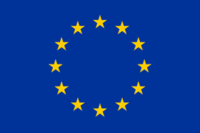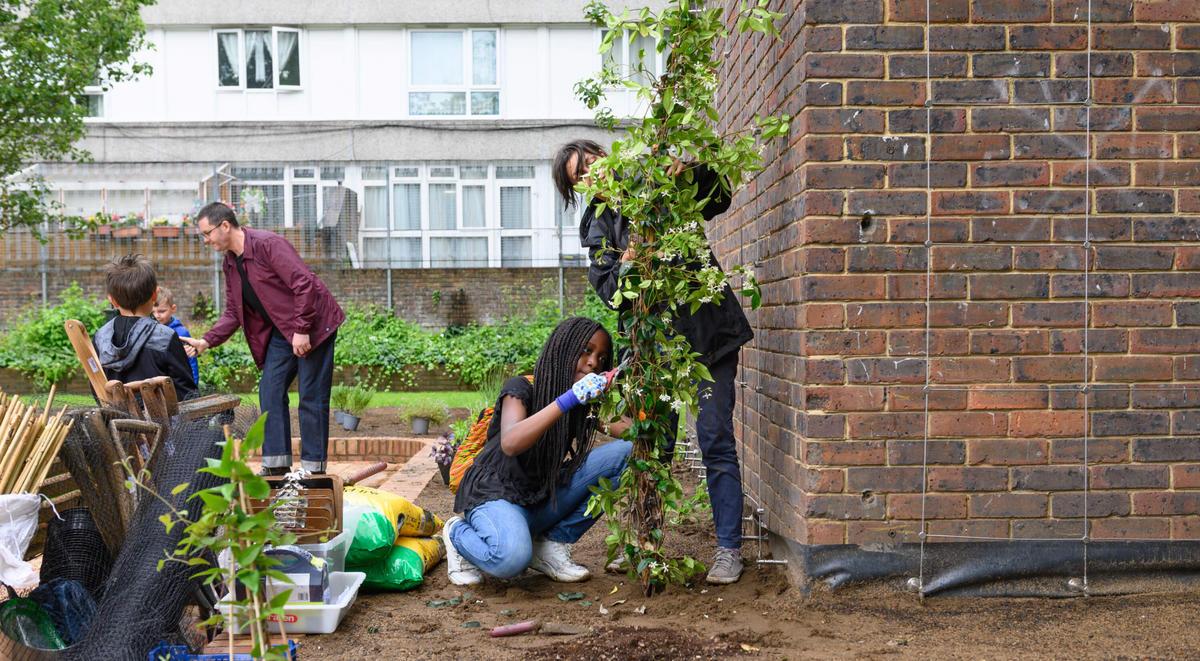UrbanByNature China Webinar #3 Recap: Planning nature-based solutions with citizens and other stakeholders
Did you miss the third UrbanByNature China webinar? Let’s briefly recap what happened:
The webinar proceeded to STEP3/PRIORITISE of the UbN programme and provided insights into the importance of stakeholder engagement for the planning, implementation and maintenance of Nature-based Solutions (NBS).
Carien van der Have, Researcher and Advisor at DRIFT, the Dutch Research Institute for Transitions, elaborated on the benefits of co-producing NBS: Next to leveraging various knowledge bases and experiences, establishing cross-community partnerships facilitates shared ownership and long-term commitment among different stakeholders. In addition, she showcased how co-production was put into practice in the H2020 Connecting Nature project. In Poznan, Poland, for example, a collaborative design workshop with children, parents, teachers, and local residents was held to incorporate community voices in the redesign of a school garden. This collaboration allowed the garden to serve the larger community and enabled continued involvement and enthusiasm in its maintenance.
When asked about other approaches to ensuring continued stakeholder engagement, Carien van der Have shared a good practice example from Genk, Belgium: Local residents were tasked with monitoring the water quality of the stream running through the Stiemer Valley. This transfer of responsibility has resulted in a strong sense of co-ownership over the stream.
Shao Zhifang, Deputy Director of Landscape Division, Urban Administration and Law Enforcement Bureau of Shenzhen Municipality, presented the "Co-creating Gardens" project that was established in 2020 and has since resulted in the establishment of 180 community gardens throughout Shenzhen.
She delved deeper into two distinct cases, one of which is the Spring Garden in Nanshan District. The municipality provided local residents with financial and resource support to convert unused public space into a community garden. More specifically, professional design and construction teams assisted them in the design and implementation phases and shared maintenance skills and tips with them. In addition, social organizations were involved in building bridges between residents and other actors. Since the project kick-off over 500 people have been involved in its creation and maintenance.
In the ensuing discussion, Shao Zhifang stressed the importance of ensuring that residents are at the center and take the lead in driving such NBS initiatives forward. The municipality should only act as a facilitator and enabler by providing access to technical support and seed funding.
Israa Mahmoud, Post-Doctoral Research Fellow & CLEVER Cities Research Leader at the Politecnico di Milano, presented the co-creation guidance they developed for the CLEVER Cities project and elaborated on their experience in implementing the 16-step approach in three different project sites in Milan, Italy. She also discussed what they learned by putting co-creation into practice. Most importantly, co-creation is not a linear process. It, therefore, needs to be adaptable to unpredictable events, setbacks or new opportunities that arise along the way. The Covid-19 pandemic, for instance, made it necessary to shift many of the planned in-person co-creation activities to online formats.
During the discussion that followed, Israa Mahmoud advised Chinese municipalities to engage citizens and stakeholder groups from the very beginning of an envisioned NBS project and to keep them involved throughout the entire process.
The fourth UrbanByNature China webinar on 24 November 2021 will focus on the technical implementation of NBS. Register here to attend.
For more information on upcoming events and to receive our monthly UrbanByNature Digest, fill out the UrbanByNature registration form.
Related Hubs

Our partners












The UrbanByNature programme is funded by the Horizon 2020 Framework Programme of the European Union under Grant Agreements No. 730222 and No. 776604. It has received funding for an update by the Horizon Europe Programme under the Grant Agreement No 101003818. The sole responsibility for the content of this website lies within UrbanByNature and in no way reflects the views of the European Union.

